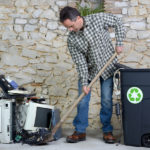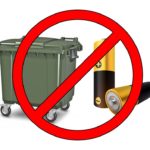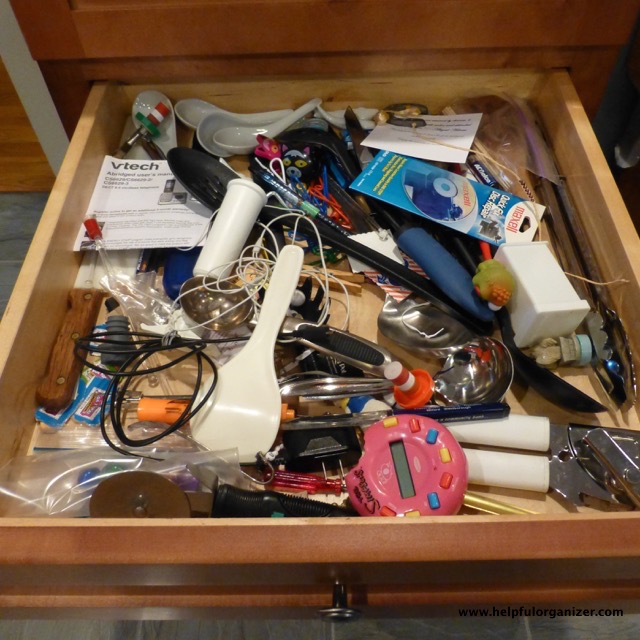Types of garbage that should not be thrown into the garbage chute
The purpose of ordinary garbage containers is to collect household waste that is created as a result of our daily life. These are food scraps, paper, fabrics, small wooden parts, plastic products. However, there is some garbage that is strictly prohibited from going into the garbage chute.
The content of the article
Construction waste
This includes fragments of bricks and tiles, scrap from the demolition of walls, dismantling of plasterboard partitions and roof coverings, reinforced concrete products, old windows and doors and other remains from repair work and reconstruction. Responsibility for the removal of such waste lies solely with the owner - he must remove the large items on his own. According to housing legislation, the release of such garbage is strictly prohibited.

Old car parts and tires
Used tires are hazard class 4 waste and should be disposed of correctly! Tires are not biodegradable and can take hundreds or thousands of years. If you illegally dump them in your garbage disposal, they will release toxins and poison the environment.
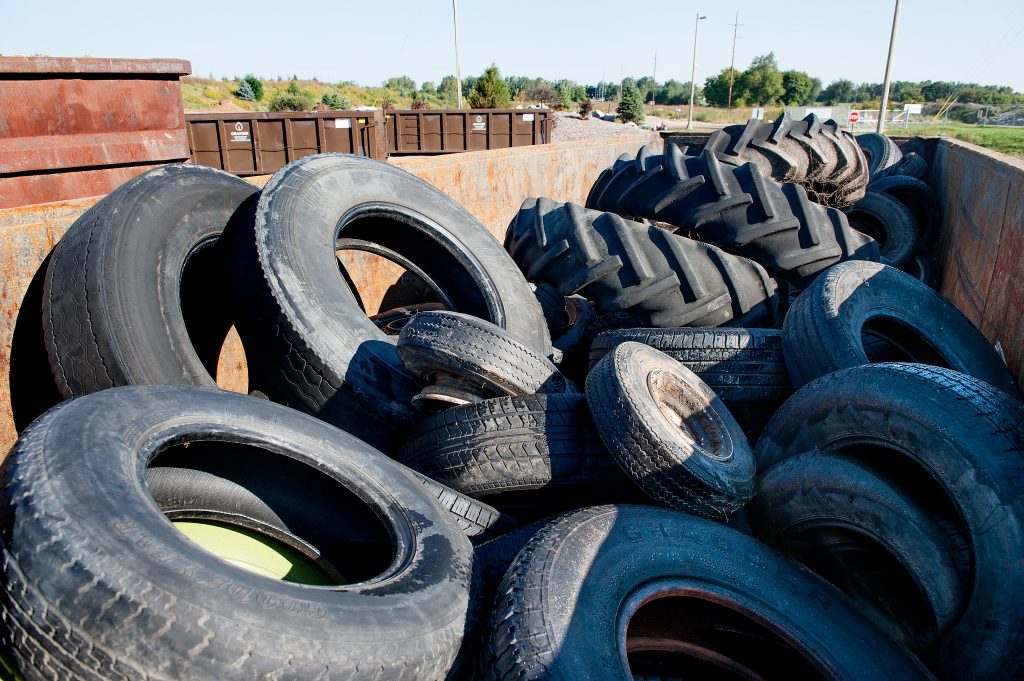
In addition, if you follow all the rules and take the tires to collection points, the used wheels produce crumb rubber, which is used to make special coatings: in stadiums, sports and children's playgrounds, and neighborhood areas.
In the end, tires can be used to make a swing that will undoubtedly delight your child.
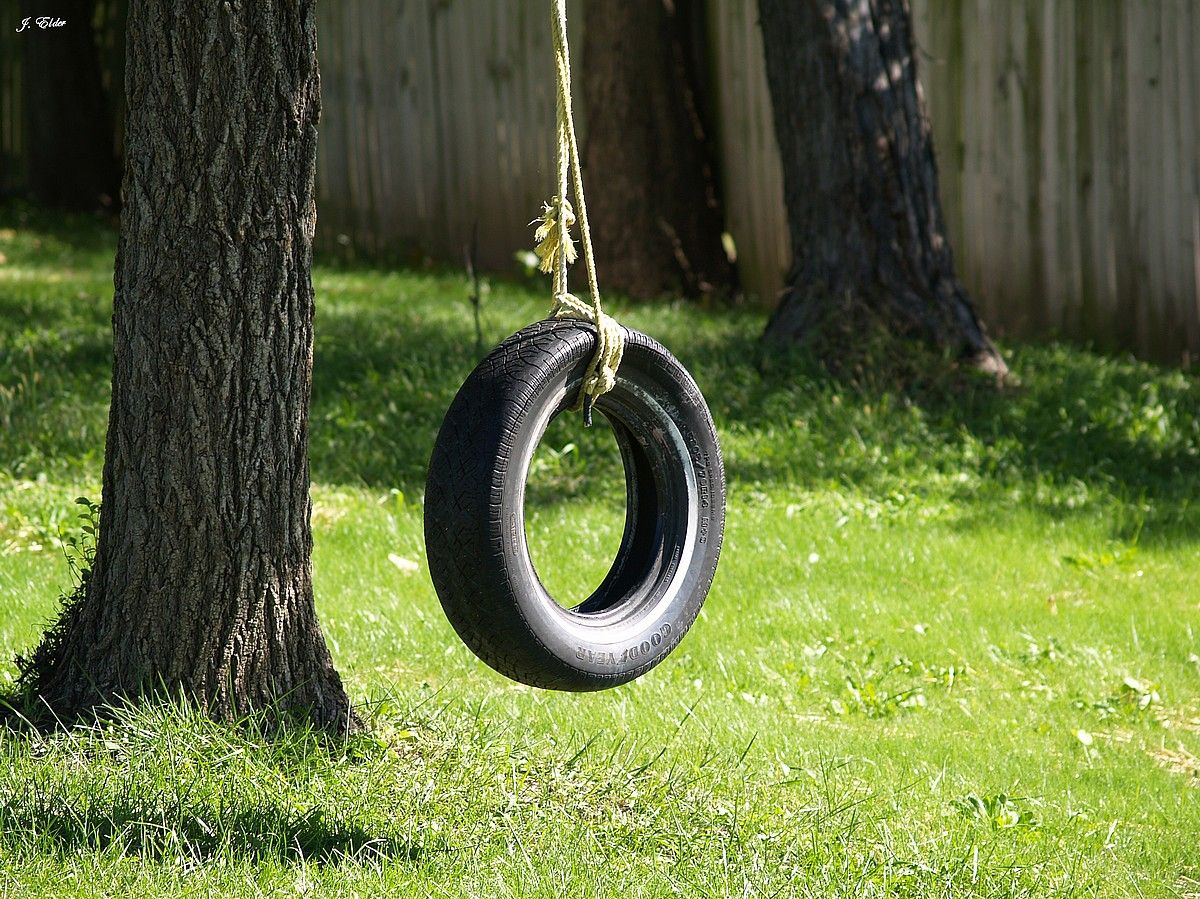
Household and electronic appliances
Planning to get rid of your old refrigerator, freezer or air conditioner? All of these items contain liquid refrigerants that can be harmful to the environment if not disposed of properly.
As for other household appliances, old electronic devices, including televisions, computers, phones, cameras, MP3 players and ink cartridges, may contain toxins such as lead and mercury. Not to mention, many of these items contain valuable metals such as silver, gold and platinum. Recycling these items is good for the environment and may even net you a few extra bucks.
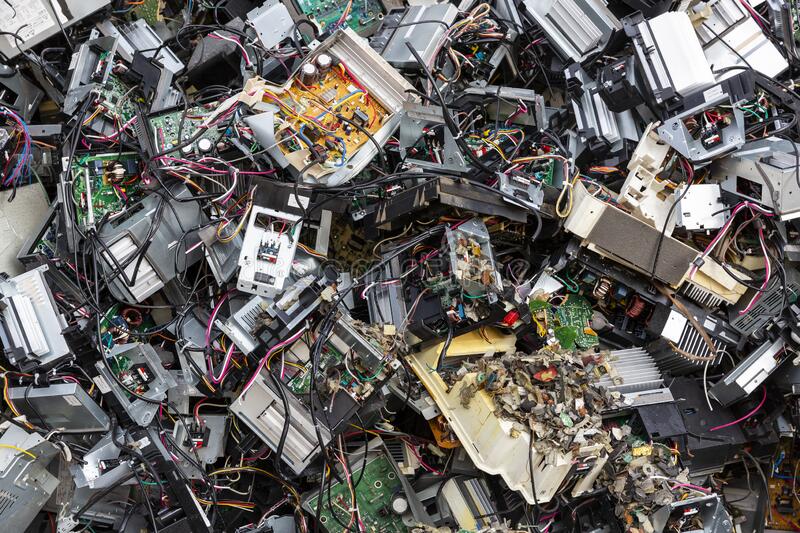
Fluorescent lamps
Contains toxic chemicals. In addition, such lamps may contain mercury and are therefore classified as hazardous waste and require special disposal. Fortunately, it is not difficult to find collection points for such garbage, and their addresses are on the Greenpeace website.
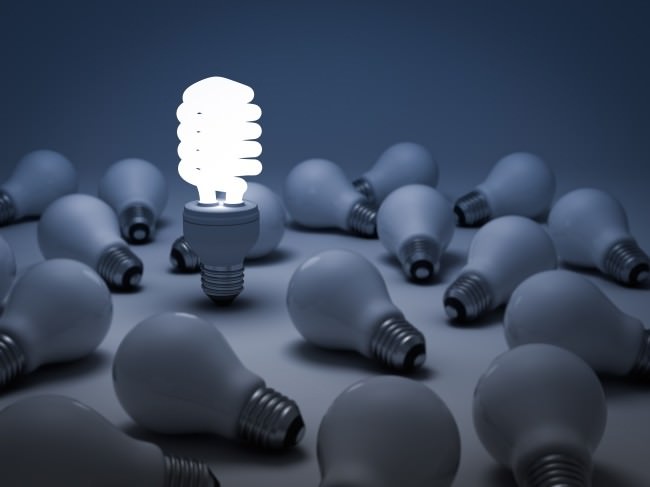
Batteries and accumulators
Depending on the type, they contain heavy metals such as lead, nickel, cadmium, lithium, and are therefore often very toxic, so they require a special processing method. Most used batteries and accumulators are classified as hazardous waste.
Improper disposal can result in these toxic chemicals and acids leaching into the ground and water supply.Accumulating in the soil, water bodies and atmosphere, toxins bring irreparable harm to the environment.
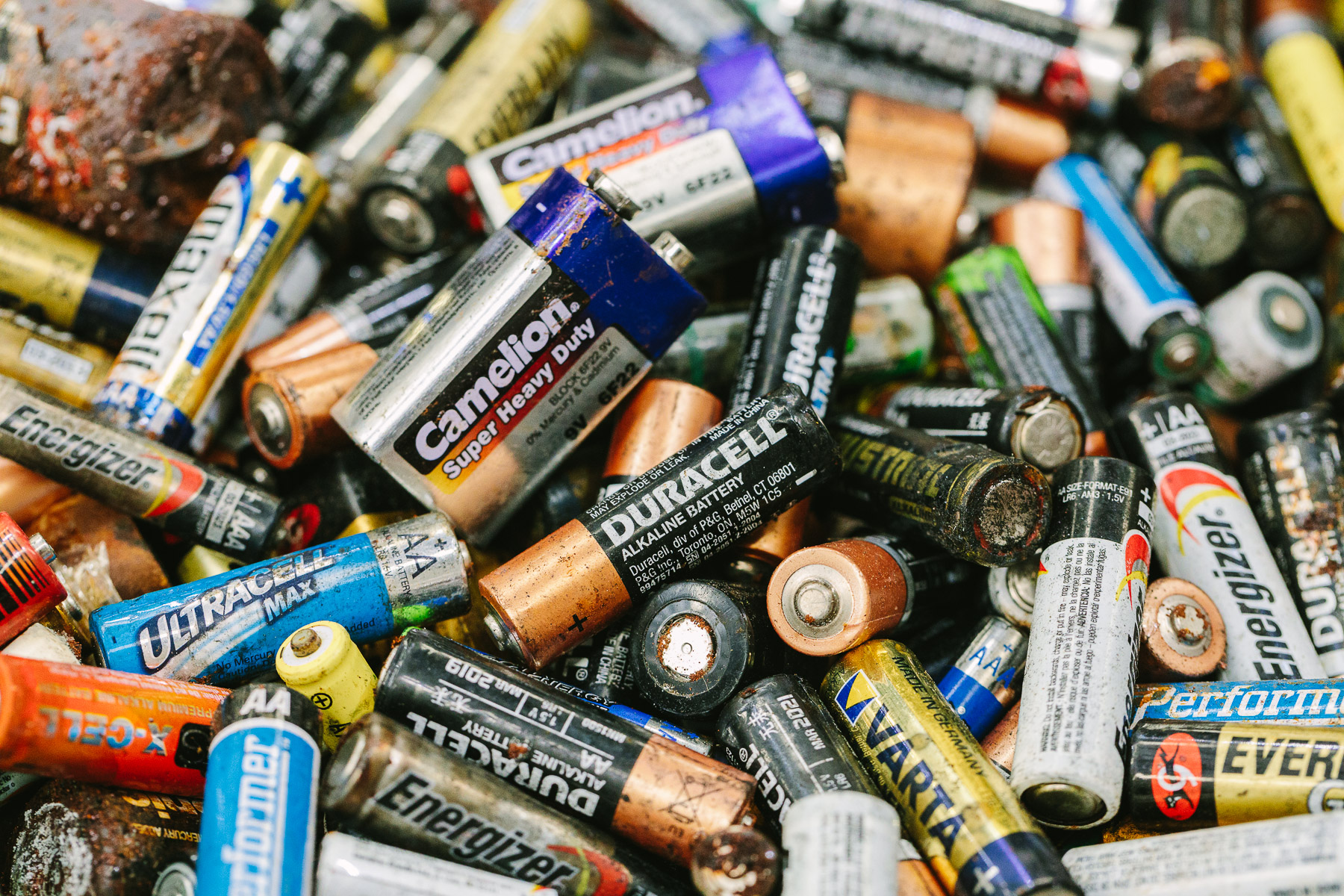
Unnecessary or expired medications
There is an opinion that such garbage should be flushed down the toilet, but not thrown into the garbage chute. However, both options are unacceptable. Once released into drains, harmful, powerful chemicals are washed into the soil and groundwater. It is better to look for sites and points that provide services for the safe disposal of this type of waste.
The best advice is to buy only as much medicine as you may need for treatment.
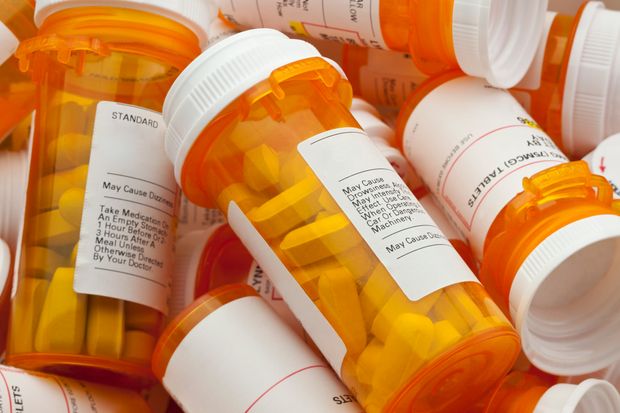
Empty aerosol bottles
Any aerosols contain gases and chemicals (especially if they are not used completely). And the bottles are explosive. They must be taken to special landfills for disposal.
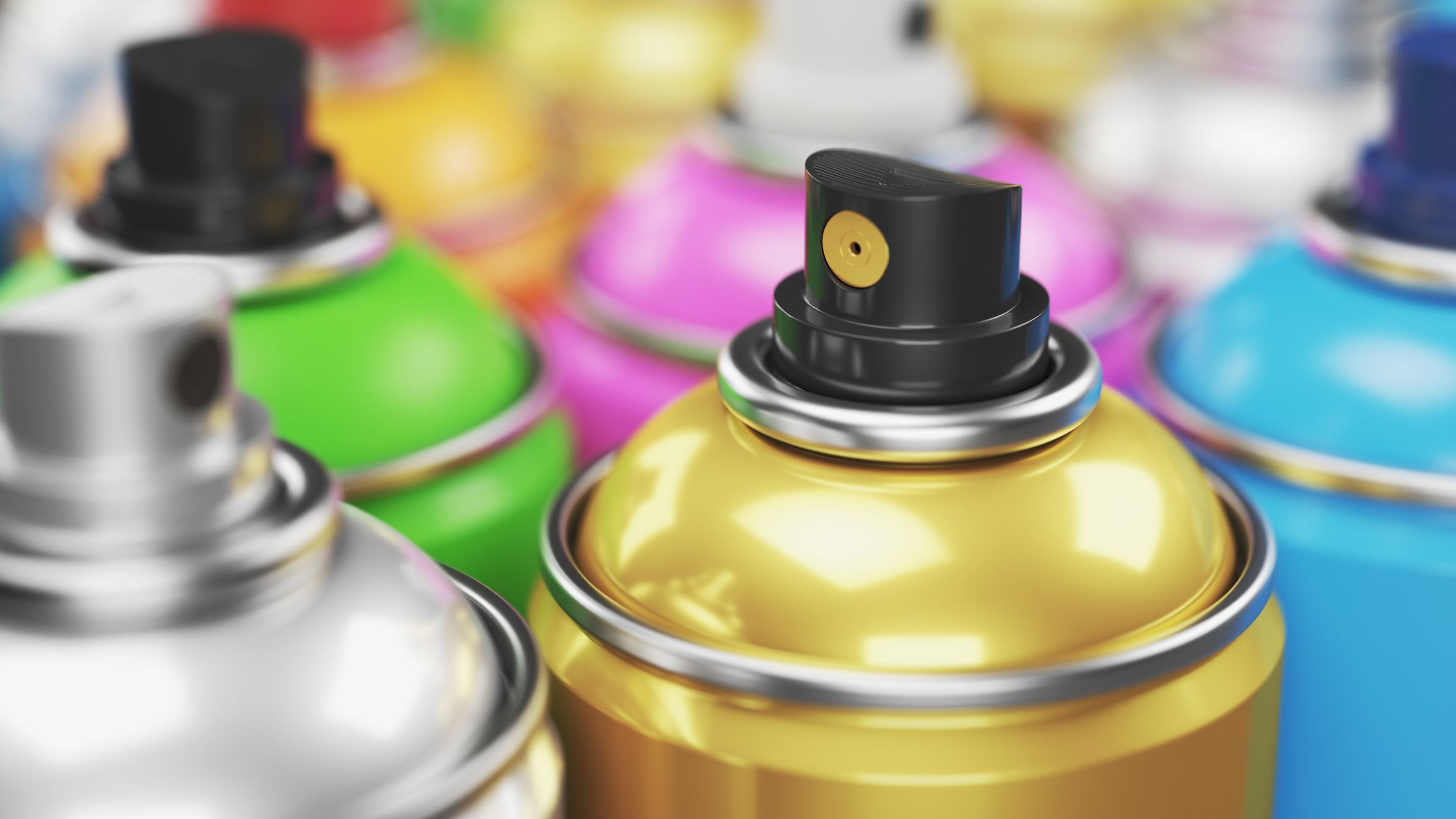
Glass thermometers
The main danger of mercury is that it can accumulate in food chains and then enter the human body. Although mercury, a liquid metal, has been used in thermometers for many years, it is highly toxic if swallowed or inhaled. So, for example, mercury spilled in a reservoir accumulates in plants, plankton, and then in fish meat. In the soil it can turn into methylmercury, which is even more dangerous and toxic.
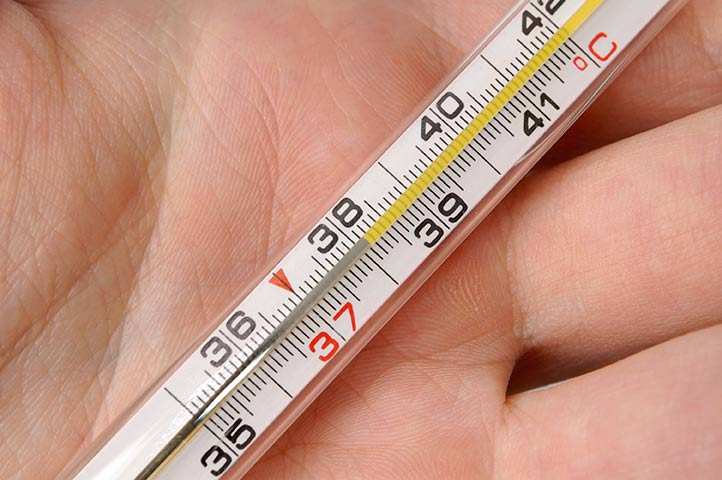
Adhesives, varnishes, paints
Most paints contain some amount of oil and chemicals, which is the main reason you shouldn't throw them in the trash. Paint and varnish products become an environmental problem when they leak and contaminate the soil and water supply. However, the product can be dried by leaving the jar open, and then they will not cause harm.
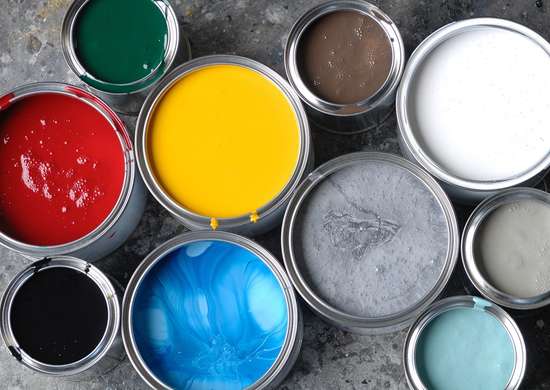
You should also be careful about disposing of asbestos, pesticides, motor oil and other automotive fluids, propane tanks, household cleaners, inks and resins - all of which have a negative impact on the environment and human health in particular.

